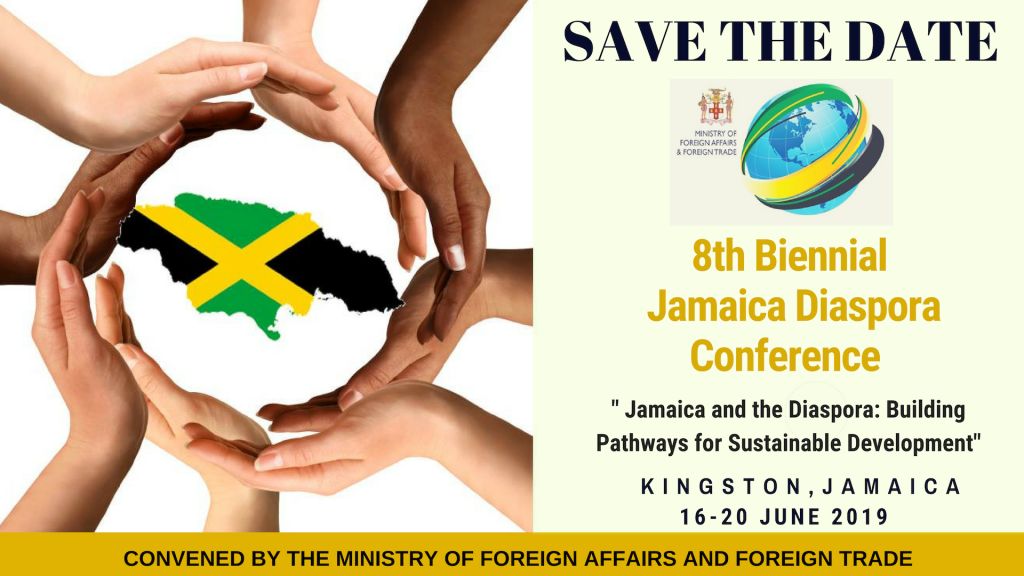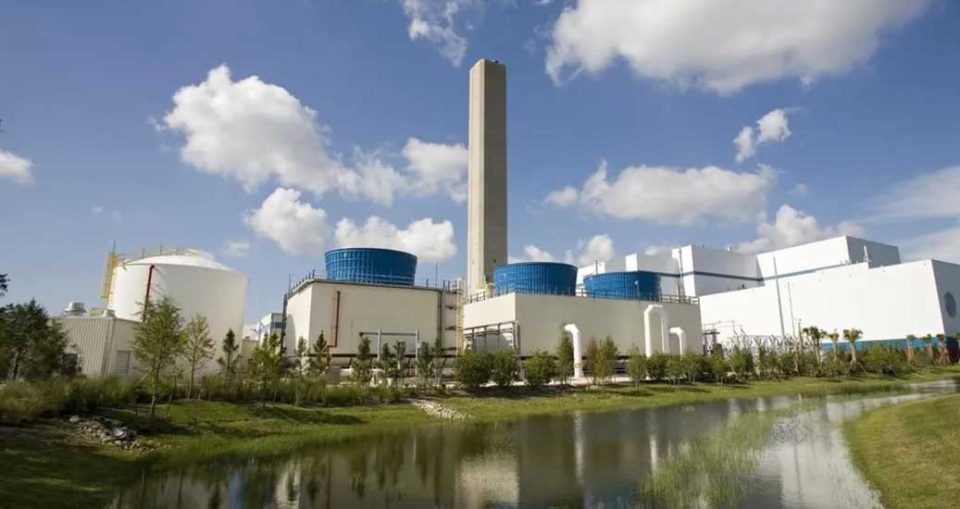“He is a dreamer let us leave him pass” : Julius Caesar Act 1 , Sc. 2
“A prophet is not without honour save in his own country”
John 4. 44
For the past five years, John Lennon has been on a lonely and so far, unsuccessful mission to sell the idea of solar power to schools and to build the first waste to energy plant in Jamaica. The idea behind the waste to energy project is that the energy generated would be sold to the grid and the profits used for education as a first step towards the creation of a transparent renewable industry.
But has he had any takers? Not by two Ministers of Education, nor by the former Minister of Energy, nor the media, public and private sector groups to whom he has appealed ad nauseum.
One thing is certain: John Lennon is no pipe dreamer.
An old boy of Clarendon College in the parish of the same name, he was educated at one of the world’s finest universities – University College London (UCL) from which he holds a PhD in Chemistry.

John Lennon was born in the UK during the height of Beatlemania to Jamaican parents who were part of the Windrush generation. When the nurse saw Lennon she prefixed it with John and being a biblical name it stuck. Whilst everyone remembers black John Lennon he cannot return the favour! His parents returned home in the late 1970s taking him and his younger sister to Clarendon. Even though life was hard – 18 months without electricity and no running water – he loved Jamaica and these experiences are what drives him today. Lennon recalls that the six years he spent at Clarendon College were the best days of his life. His parents could not afford tertiary education in Jamaica so he returned to the UK and lived with his brothers. Lennon’s early career was in the field of Information Technology added to which he travelled extensively throughout South-East Asia and Australia.
It was during this period that he developed an interest in the economic and environmental value of solar – generated energy and waste to energy plants, which coincided with a desire for change in his life. His original plan was to do environmental voluntary work in the Bay Islands off the coast of Honduras but a visit to Jamaica changed all that. Observing the need for advocacy in the two areas that had become his passion- education and the environment – Lennon sold his UK home and relocated to Western Jamaica with the idea of using the money to finance a solar facility at a school. In his way of thinking, the house was his pension but the rental income derived from it would have benefited him alone.

Jamaica’s Energy Dilemma
The source of Lennon’s concern is Jamaica’s high electricity cost of which fuel is the greatest contributor at 75%, which makes it among the highest worldwide. Schools in Jamaica suffer especially under the burden of these high costs. Pointing to the meager high school budget for the 2018/2019 school year of J$8.39 billion or US$65 million for 325 high schools, Lennon argues that if the average school’s utility bill is US$100,000 per month, it means that around 50% of each school’s budget will be spent on electricity. At the same time, there are over 1,000 other educational institutions on the grid.
“This is not only unsustainable financial lunacy, it is an evil policy that exacerbates poverty” says Lennon.
The Lennon Solution: Is it realistic?
Lennon read on a government website that Jamaica receives enough sunshine to supply approximately five times its annual energy requirements, yet only 3% is generated by solar. He scoffs at the notion that solar power is an expensive ‘green’ luxury that “we cannot afford” and advocates a leading role for Jamaicans living abroad by creating a charitable renewable energy industry that is transparent, pays a living wage and in which all profits are used for education and the youth. Not only would this approach be sustainable but he argues that the investment can be found as evidenced by the fact that every year they donate well over $40 million in cash alone to education and over $2.2 billion is sent home in remittances (http://jamaica-gleaner.com/article/news/20170727/capri-diaspora-contributes-far-more-remittances). If only 1% of that was donated Jamaica would have over $22 million to invest annually to construct state of the art waste-to-energy/recycling plants with spin-off benefits in:
- Real job creation
- Improved waste management
- Less burning of garbage
- Less landfills and a cleaner environment
- Reduce youth crime
- Save 10s of millions of USD by reducing the fuel import
Cheaper electricity would help the majority and promote growth and jobs. Greener electricity would aid tourism and help the planet while improved education would create a fairer and better society.
Let’s Do the Math
Instead of using taxpayers money to indefinitely pay electricity bills, schools should service fixed term loan agreements to pay for their own electricity generating facilities. The repayments would be substantially lower than bills so schools would immediately have more money to spend whilst owning revenue generating assets. It would eventually result in the elimination of school fees and deliver a fairer system. This would add money to the economy. It is like home ownership: replace rent with mortgage repayments!
Ardenne High School in Kingston recently acquired partial solar power and estimates payback figures under a year! Their monthly $4m bills have been reduced 30% and they are now struggling to raise $25m to remove the school completely off the grid. A source at Ardenne says a total investment of $40m would save them $4m per month. Assuming even an extortionate 100% interest loan repaid over 2 years, repayments would be around $2.1m ($50m/24 months). Today, that agreement would make Ardenne over $700k better off (0.7 x $4m – $2.1m).

See: http://www.loopjamaica.com/content/ardenne-high-turns-solar-and-cuts-jps-bill-30 .
Also
Holy Trinity cut their bill by 50%: http://jamaicagleaner.com/gleaner20140509/lead/lead1.html
“BUILDING PATHWAYS FOR SUSTAINABLE DEVELOPMENT”
A critique of the theme of the 8th Biennial Jamaica Diaspora Conference, Kingston, June 16-20, 2019
Lennon argues that the theme of the upcoming 8th biennial Jamaica Diaspora Conference title “Building pathways for sustainable development” is a misnomer. He sees the prevailing official vision of that “pathway” as the creation of an economic environment for investment to benefit the rich through call centres and tourism. Creating tens of thousands of minimum wage jobs is not sustainable development. Education is the key to sustainable development. He therefore sees the Conference as providing an opportunity for participants to challenge the prevailing perception of the Diaspora and returnees as cash cows, tourists, the source of remittances and purveyors of charity. He has challenged the diaspora communities to make their voices heard in calling for a change in policy and attitude and urges them to invest by redirecting donations to education and renewable energy.

For more information on John Lennon’s campaign for energy efficiency in Jamaica visit his website: https://www.let buildabetterjamaica.com


